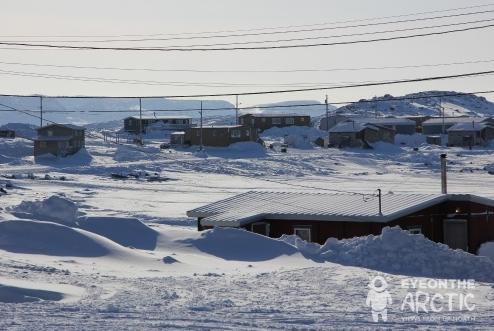Fishing, science missions and the end of diesel in the North? – Arctic week in review

On this week’s news round-up, we bring you some of your most read stories from Eye on the Arctic this week:
– The five nations that boarder the Arctic Ocean signed a moratorium this month on fishing in the region. Does this mark a return of the Arctic Five? Expert Heather Exner-Pirot explains.
-A story by Alaska Dispatch News takes readers along on an Arctic mission by scientists and the U.S. Coast Guard to better understand weather and environmental conditions in the region
-Has diesel power outlived it’s usefulness as the main power source in Canada’s remote communities? For several regions of Canada, including Yukon and the Northwest Territories, the answer is ‘Yes.’
-Arctic expert Mia Bennett looks at recent comments from Alaska senator Lisa Murkowski that in the Arctic, the United States “has a strategic geographic advantage that no other nation can match.”
– Wind power investments are down in Sweden, for the first time since the power trade organization Svensk Vindenergi began keeping track in 2012.
That’s all from us for now. We’ll be back Monday with more stories and newsmakers from across the North.
Write to Eilís Quinn at eilis.quinn(at)cbc.ca



